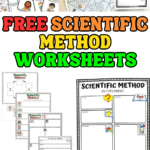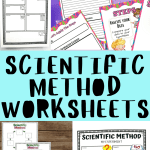Free Scientific Method Worksheets
Learning how to think like a scientist doesn’t have to feel intimidating—and that’s where scientific method worksheets come in.
These printables walk kids through the steps of the scientific process in a way that feels approachable and fun, not just like another school assignment.
Whether you’re teaching younger kids the basics or helping older students break down more complex experiments, these free printable science worksheets offer a hands-on way to explore science.
They cover everything from forming a question to making a hypothesis, testing it out, and figuring out what the results really mean.
I’ve found that using these in lessons can really shift how kids engage with science. Instead of just memorizing facts, they’re encouraged to be curious, to ask why, and to look for evidence. And the best part? These skills stick with them—even outside the classroom.
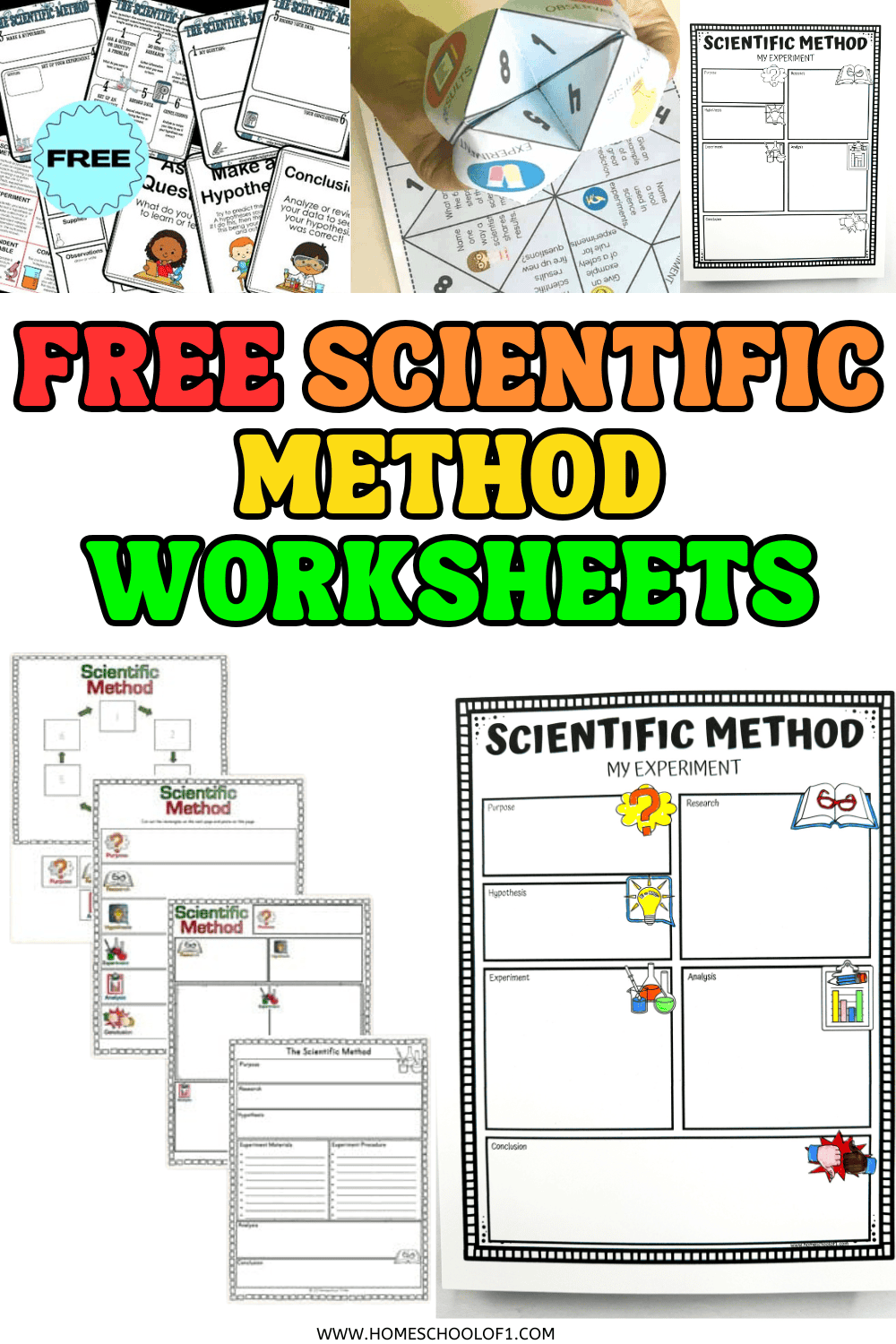
Free Scientific Method Printables
Exploring science becomes a lot more exciting when kids can actively participate—and these free scientific method printables are perfect for that. They’re designed to help young learners understand how real scientists think and work.
This collection includes everything from step-by-step worksheets and experiment templates to results charts and a fun cootie catcher that turns the process into a game.
Whether you’re working through a homeschool science unit, planning a classroom experiment, or just looking for something engaging at home, there’s something here to make the scientific method click.
These printables encourage hands-on exploration, critical thinking, and a sense of curiosity—exactly what science should be about.
If you’re looking for simple, hands-on ways to introduce kids to how science really works, these free printables are a great place to start.
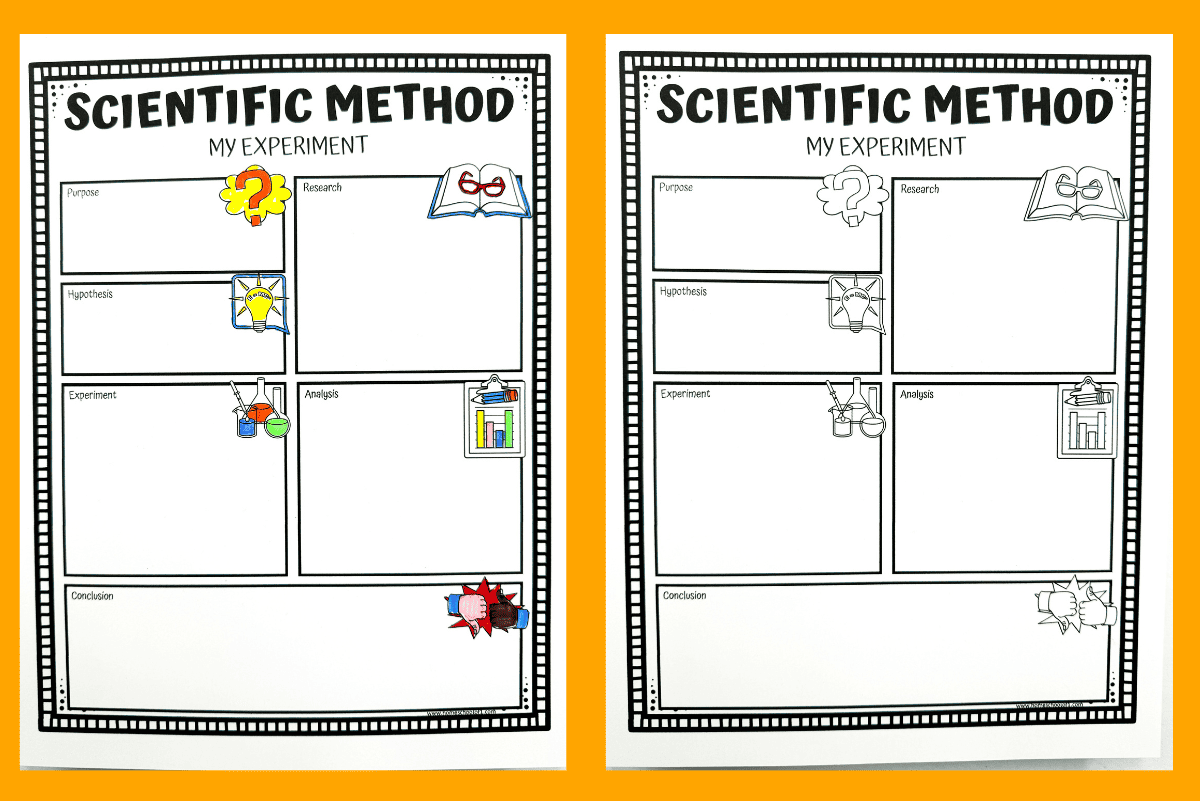
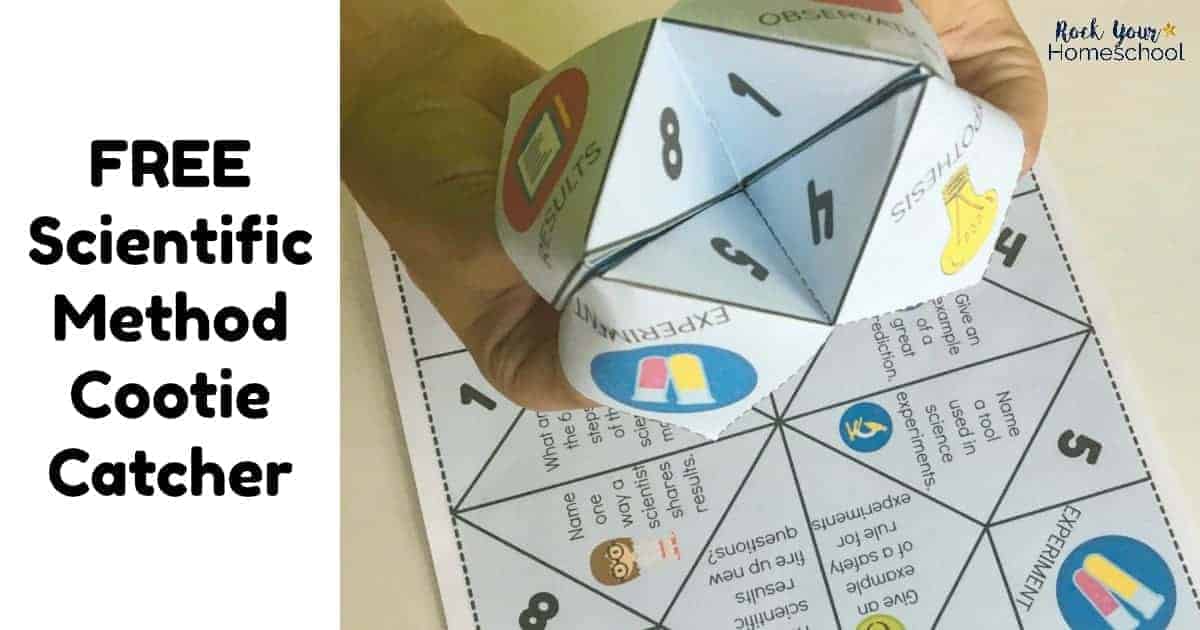
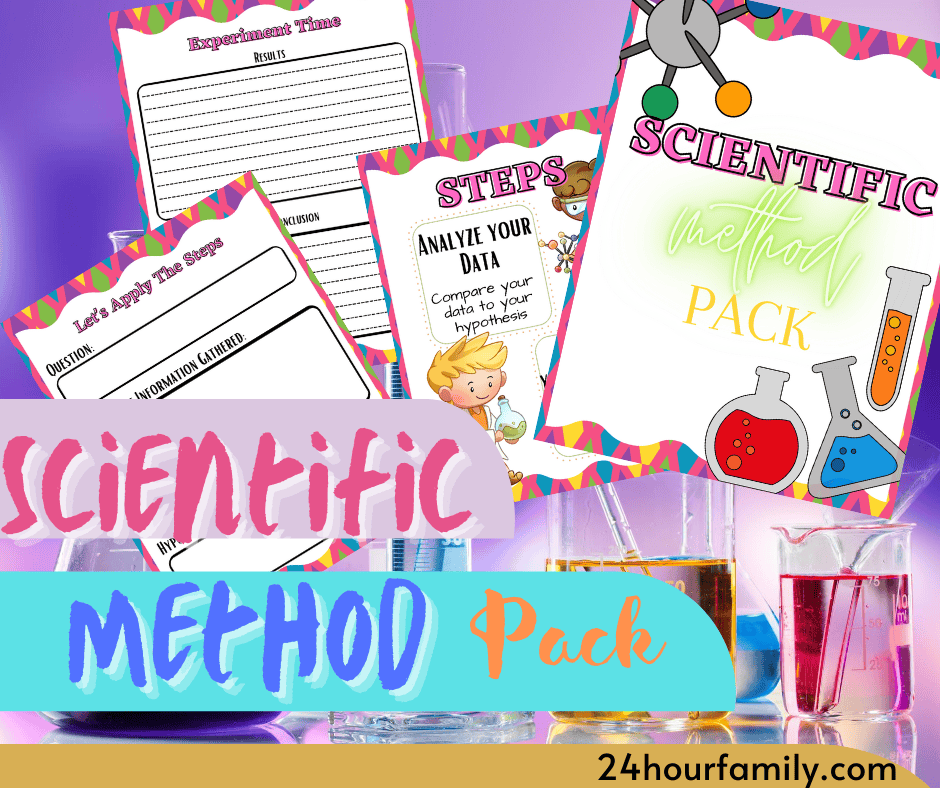
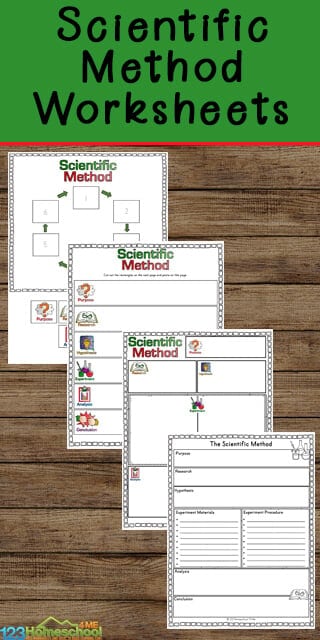
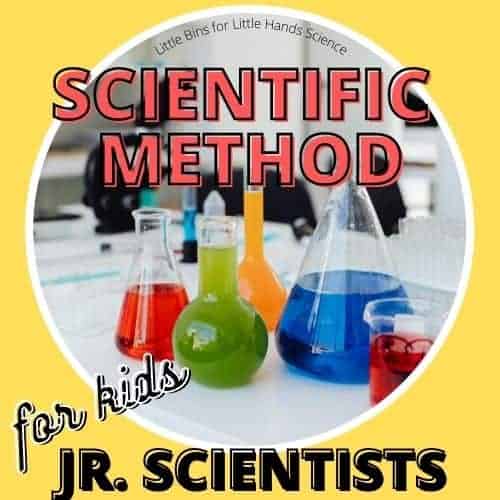
**This post may contain affiliate links. As an Amazon Associate and a participant in other affiliate programs, I earn a commission on qualifying purchases.**
Recommended Science Books & Kits for Hands-On Learning
If your kids are enjoying these scientific method worksheets, these books and experiment kits are a great next step. They make it easy to continue exploring science at home in a fun, hands-on way.
- Awesome Science Experiments for Kids – Packed with easy-to-follow activities using materials you probably already have at home.
- The Everything Kids’ Science Experiments Book – Great for curious kids who like to ask “what if?” and then test it out themselves.
- Mega Science Lab Kit – This kit is packed—130+ experiments across earth science, chemistry, and “magic” tricks. A fantastic way to bring STEM to life for kids who love hands-on learning.
Last Updated on 6 May 2025 by Clare Brown

